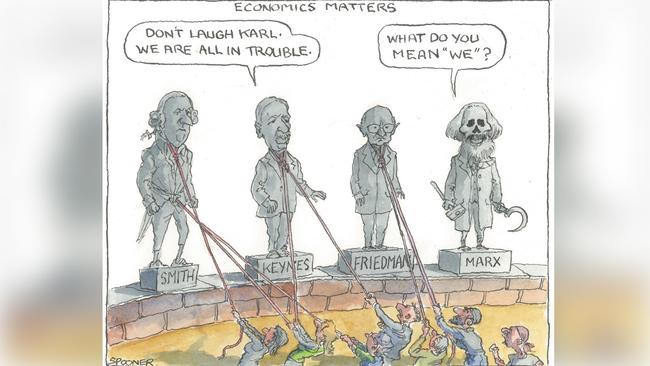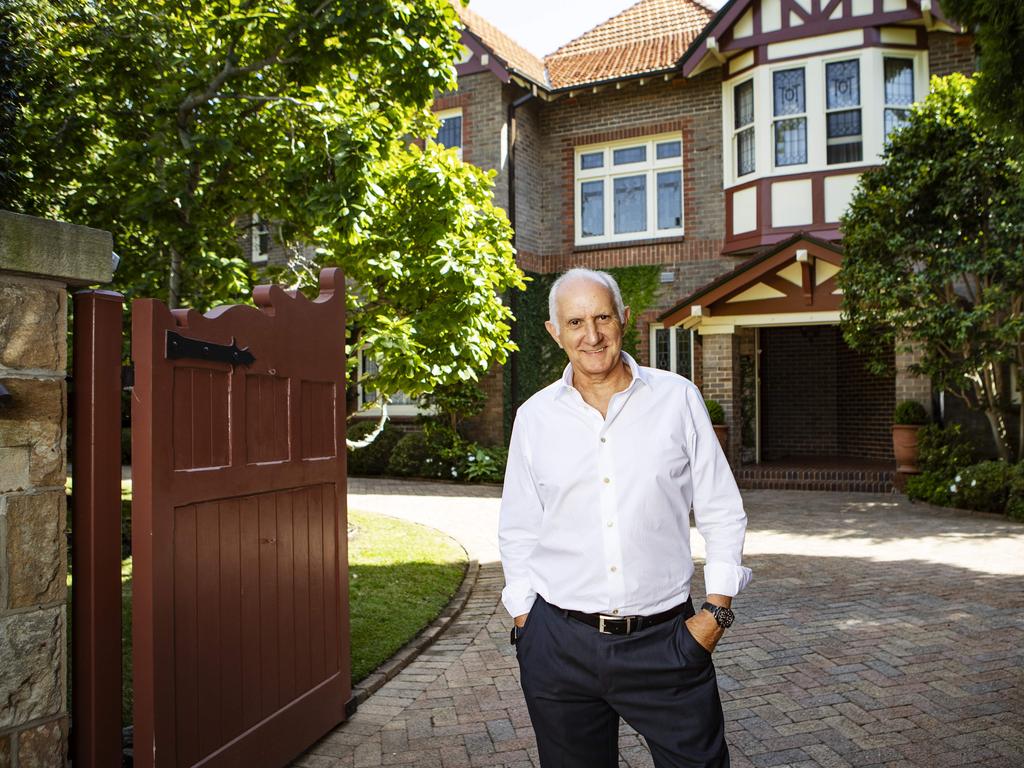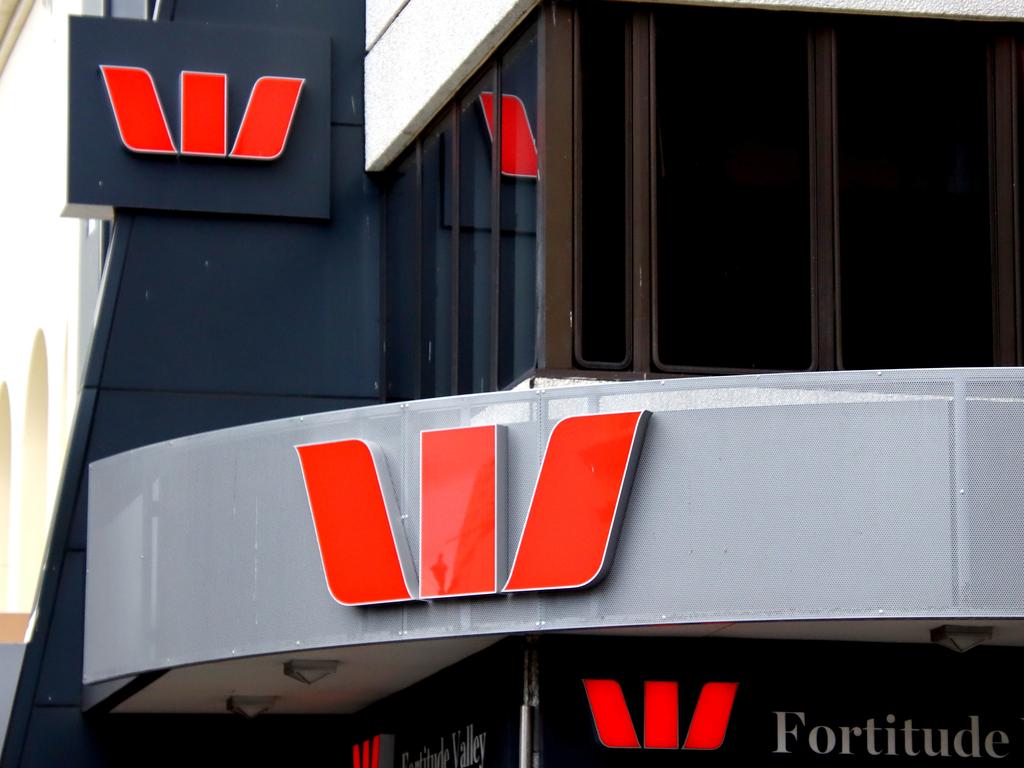
Which is not to say danger signs have gone, with COVID-19 in the US villain No 1, fears of what might happen in Australia when the money taps are turned off in September, the weak US economy and US-China trade wars.
The trigger for this week’s fall was Wall Street, which is now worried about COVID-19 again, and the economy after Fed chairman Jerome Powell issued a bearish view on Thursday.
US futures contracts showed an opening rally on Wall Street on Friday night, which boosted the Australian market from its lows.
The rate of infections in big cities such as New York may be slowing, but as the country rushes to open up, states like the Carolinas have seen climbing rates of infection, with over two million cases and 111,000 deaths nationwide.
The S&P/ASX 200 index opened the year at 6745 points and rallied to a high of 7162 on February 20, before the virus news hit.
The government-imposed lockdown sent tourism, hospitality and education into freefall and also sent stock prices down to a March 23 low of 4546 points before rallying until Tuesday.
History says after a big fall there is often a rally, which gives way to another fall before climbing again. That is where we stand today, so there is still abundant cause for concern but no cause for panic just yet, just acceptance that the rally was too strong and the market is catching up to reality.
Taxation review
Increased protection for whistleblowers and increased powers for the inspector-general of taxation could flow from Monday’s Senate committee report on the agency.
The review was started three months into Karen Payne’s five-year term as Inspector-General last year and not surprisingly she took the opportunity to lay down the case for increased powers.
The statutory authority was established by John Howard in 2003 as an independent advocate for taxpayers aimed at improving its administration and intended to improve advice to government on the administration of the law.
It was a good way of improving tax administration and for the politicians a way of deflecting criticism flowing from ATO decisions.
Over the past four years on Law Council figures the number of complaints have increased 26 per cent, the budget by 4 per cent and the staff have stayed the same at 34. Resources, then, is a key issue.
The IGT now fields about 3500 complaints each year, most of which are around debt owed to the ATO, which has increased by $7bn over the past four years to $26bn.
The number of complaints prompted a review by the IGT, but this is on hold amid COVID-19, in part because the ATO has gone from a body taking money out of your pocket to one putting money in your pocket under the JobKeeper scheme.
The IGT report, when it is completed, will be aimed at explaining how the system works, how the debts have built up and how some people end up with too much debt.
The IGT responds to all complainants within three days to confirm receipt, maintains open dialogue about what it is doing and what sort of responses it is getting and within 30 days has an answer. One report that is ongoing and due for release at the end of the month is looking at deceased estates and how to improve their administration.
The problems are caused by integration of state and federal laws, how the ATO deals with dead people, what happens with income earned after you die and how franking credits are applied.
But the first order of business for Payne will be the report by WA Liberal senator Slade Brockman that will be the first step in what she hopes will be increased powers and transparency.
The Senate report is like to be a performance review of the agency and, if it recommends changes, these will then hopefully be considered by the government.
Ninety per cent of complaints are made by people with no legal representation and by definition an ignorance of just how the system works.
Payne has attempted to lift the IGT’s profile to increase awareness of its role, with the aim of making the tax system more efficient, fair and transparent.
Her wish list of changes lodged in the IGT submission to Brockman’s committee includes increased protection to those who want to provide information and to remove the statutory requirement that the tax commissioner must approve access for the IGT to the tax office.
In practice, access is open but while the law stays the threat of being blocked remains, which runs counter to the aim of the IGT.
While the IGT plays the role of a tax ombudsman, people who provide information do not get the same protections as they would going to the Commonwealth Ombudsman and Payne wants that changed.
This would make life easier for tax officials who may want to liaise with the IGT.
The IGT can recommend compensation to people who are not treated well, but has no power to give compensation and Payne would like that addressed. The wish list runs to better access to data and the tax office in general.
The IGT is part of Treasury and reports to the assistant treasurer, and other submissions have recommended more independence by either reporting direct to parliament or via another minister.
In short, the theme of the submissions is if you are going to have a review body then let’s give it better resources, open access and a better voice to make itself heard.
That way the scrutiny of the ATO would be lifted materially.
All going to plan, it would provide a significant boost to the incumbent boss.
Seven shines
Seven Group was one of the few bright spots on the market, up 2.9 per cent at $17.51 after an upbeat presentation from Ryan Stokes including confirmation of strong liquidity with news of a $460m US debt placement and $1bn in liquid assets overall.
This comes as the market speculates on Boral’s new CEO, which is set to be named sooner rather than later and a list of potentials including Coca-Cola Amatil’s Alison Watkins, Dulux chair Patrick Houlihan and more conventional building material names.
Watkins denied the suggestion and there was no comment from the Boral camp other than to note chair Kathryn Fagg is keen to have a new boss in place before the expected break-up strategy led by a sale of the US business.
Austrac on track
Three years ago Austrac collected $45m from Tabcorp, two years ago $700m from CBA and sometime soon $1bn-plus is coming from Westpac while four-year long talks with NAB are ongoing.
You would have to say Austrac’s negotiating skills are getting better, and lo and behold, ahead of next week’s case management hearings with Westpac, there is news of another 272 potential child exploitation customers and still no settlement.








Australian stock prices have fallen 5 per cent from Tuesday’s high, but this followed a 35 per cent rally from March 23’s lows so the fall was long overdue and almost expected.